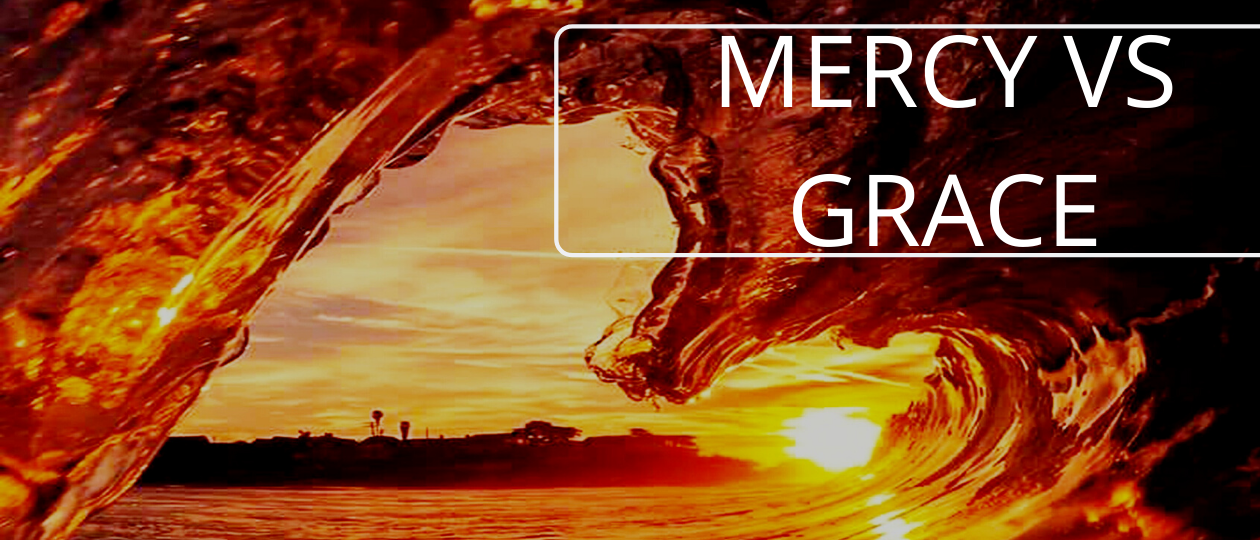Mercy vs Grace
I’ve got a hard question for you today, and one that can automatically make or break your entire life experience based on how you truly feel about it. So I want you to take 15 or 20 seconds, close your eyes, and try to answer it for yourself as honestly as possible: Are you a good person? Have you done it? Now once more, close your eyes and ask yourself the reverse: Am I a bad person? I ask you to answer these things separately because your responses to them can tell different stories. I typically relate somewhat to both of them.
Most people I’ve talked to answer those questions based on their actions, based on how many good things they do versus how many bad things they do. That’s how I did it when I was growing up. I figured I was a good person as long as I did about 9 good things for every 1 bad thing and avoided any really huge mistakes. In practice, this meant that I grew up believing I was a bad person.
So here’s a question for you: is it just for a child to grow up believing they are a bad person?
Well, assuming that the child has done some bad things (which I certainly did), yes, it is. Every civilization that we’ve ever found has a system of justice because it is a necessary law of nature that effect follows cause. You reap what you sow. What goes around comes around. For every action, there is an equal and opposite reaction. It makes sense and it keeps society functioning, and for children at least, there is usually mercy.
But for me, and for many other people I’ve worked with, mercy wasn’t enough. I gave my all and tried my hardest to be a good person, and still couldn’t measure up. See, what mercy really means is that you’re found guilty, but the punishment is withheld. Maybe that’s because there were extenuating circumstances, such as in the case of a child who may not have known better, or because the injured party is choosing to show compassion, or whatever the case may be. But you are still guilty. I still knew that I had failed to measure up to my idea of a “good person,” and it tore me up.
Thankfully, I’ve come to believe that there is another choice and that although justice is essential for society, as individuals it is only one of two choices available to us. I said that justice and mercy were a natural law—our other choice is a spiritual law: the law of grace. Under the law of grace, you are not just pardoned, but declared innocent. So even if you do bad things, you still get good in return, at least in the long-term. But here’s the kicker: you can’t let grace exclude justice. You need both. So how is that possible?
To put it simply, it is only possible to properly live under grace when that grace is paid for—and because you’re the one with a debt you can’t pay, it has to be paid for by someone else. For this reason, I personally believe the only way to experience the full measure of grace is to be right with God, but I do think there’s something else you can do if you don’t believe in Him. If there is no God, then grace can only be something we give each other. So if you live your life in grace towards those who offend against you, I think you’ll receive a measure of it yourself.
In either case, the best advice I can give you is humility—by which I mean believing the truth about yourself. Those who feel either very superior or very inferior to others often have great difficulty with this. Believe the best you can of yourself while still being frank and sincere, and allow yourself to live for something a little better than mere justice.
Have a blessed, wonderful day!
Alex Loyd



